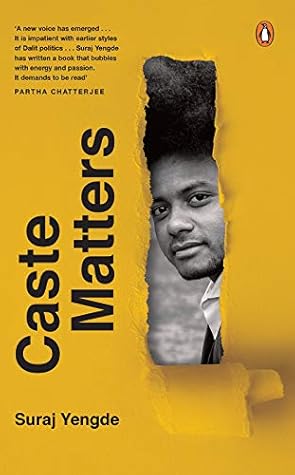More on this book
Kindle Notes & Highlights
Many in this category offer ‘merit’ as a justification for this attitude without paying attention to their privileges that add up to the creation of ‘merit’, which is then considered ‘impartial’. Their cultural and social capital becomes ‘merit’. And therefore, anyone lacking access to these avenues is judged against their predetermined merit. In a competitive,
Alamgir Baidya liked this
Ambedkar had presciently observed that each caste is a nation in itself as each caste has its own caste-consciousness that did not help to form a fellowship of national feeling.10 And due to the caste-nation feeling—a sentiment of self-centred growth overlooking the larger benefit of humanity—caste nationality grows stronger as more insecurities
Thus, the ‘nationalistic’ feeling has to be constantly manufactured by the ruling classes to obscure the divisions, often seeking opportunities to display their angst. Due to this, India continues to be a nation of repeated riots and atrocities imposed by one caste nation upon another.
The Dalit movement, however, promises a horizontal order where no one is downgraded to sub-humanity.
Dalit universalism demands a complete annihilation of caste hierarchy, thereby inventing a new society for the oppressed to thrive—the Begumpura envisioned by Ravidas.


